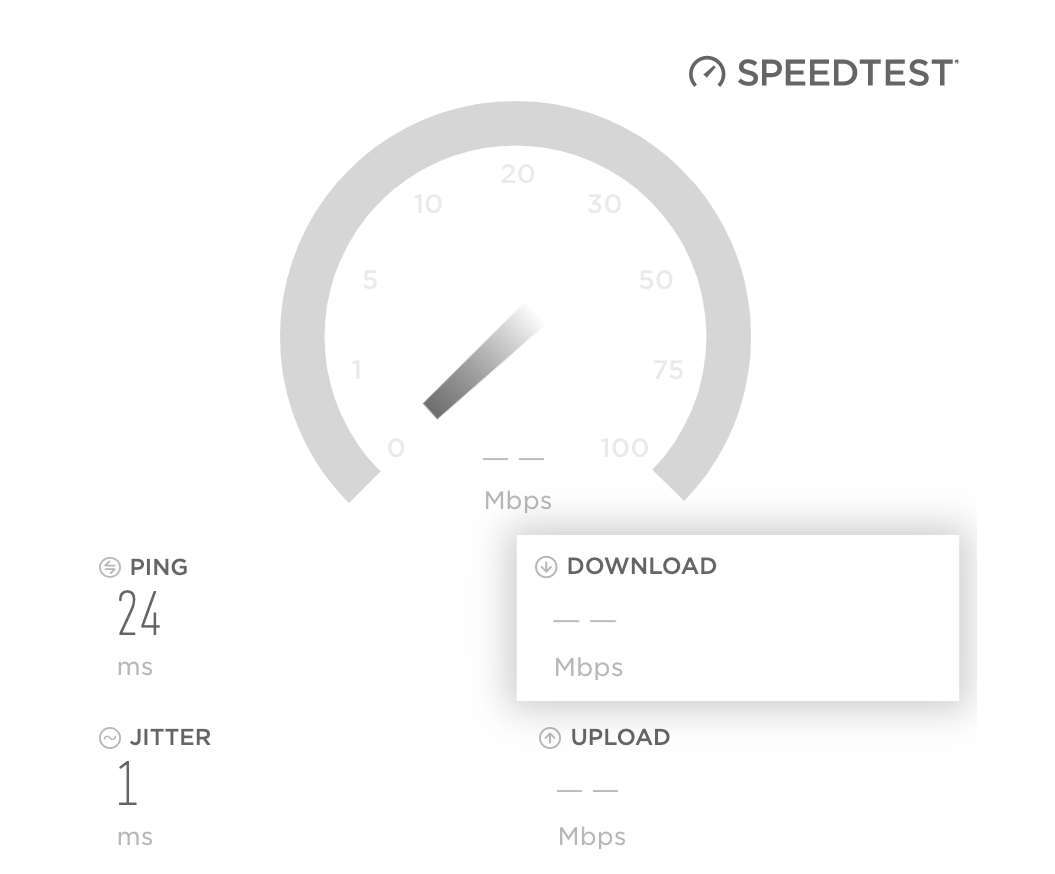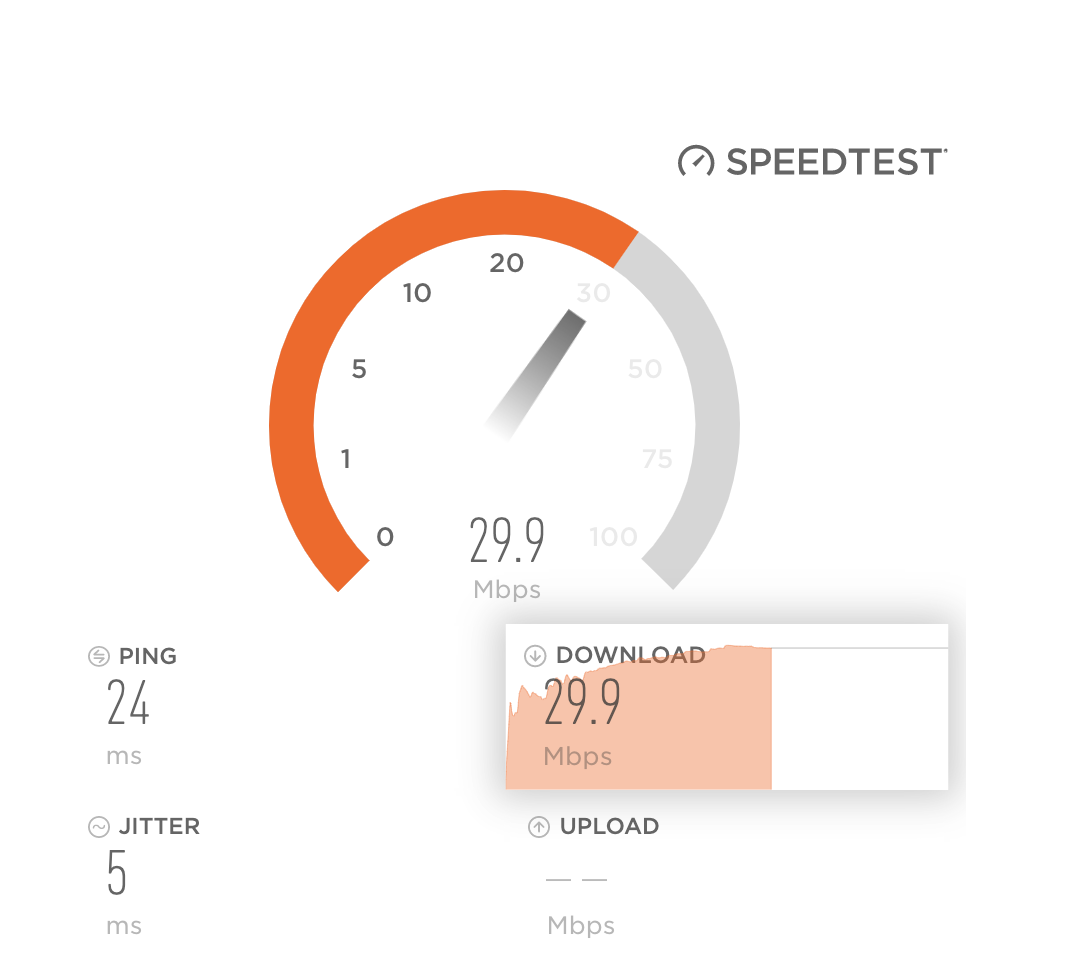TL;DR: A Combined unit is best for ease, convenience and clearing clutter. Separate devices are best for customisation and flexibility.
So, you’re looking to set up your internet connection. It’s pretty simple, right? You just need to get that black magic box you maybe hide away in the corner by the TV. But then, aghast! You’ve been smacked in the face by befuddlement. Separate modem and router? Okay, okay. Wait… A combo gateway? Now maybe you’re stuck wondering, what exactly is the difference? (Psst, you can check out our article here for the answer to that question!) And what exactly is best for me? Well, worry not, for the answers you seek can be found below…
Modem vs Router: What’s the Difference?
First, let’s quickly cover those differences.
Very basically, a modem is the physical device that connects a device to the internet via a broadband connection. It works by receiving signals from your internet service provider (ISP) and sending them to the connected device. A modem can only connect to a single device at any time, and generally this is the router.
The router, then, is the device that creates the network of connected devices – your standards: computers, mobile phones, games consoles, smart TVs, and all that jazz – so that the modem can connect the network to the internet, rather than just a single device. Your router may either be connected to the modem via an ethernet cable to the ethernet port, or it might be wireless. However, in many cases, the two are combined.
In the case of a combined unit (otherwise known as a gateway), this is simply just the modem and router doing their usual business, but rather than being connected as separate devices, they’re bundled together as a single device.
Basic Benefits of a Modem and Router vs a Combined Unit/Gateway
Normally, when you sign up with an ISP, they’ll almost always give you the option to rent a combo modem-router box (gateway). This will probably come at a pretty low monthly fee. Then, when you cancel your service, you return the box back to them. For general users, this is likely the best option. It’s a very easy solution, it’s convenient, doesn’t require any additional setup, and on a basic level it’s cheaper. Plus, it cuts down on clutter.
However, if you’re a touch more particular about your tech, then a separate router and modem might suit you a little better. This is because separate devices allow you to do more with your network, compared to the combined unit, which is a bit more limited in what you can do. If you want this kind of flexibility, then separate devices could even save you money in the long term.
But now, let’s really dive into those positives and negatives to get a super comprehensive idea of what’s best for your specific needs.
Benefits of Separate Modem and Router Units
So, the basic benefits of having separate modem and router devices mostly centre around the heightened potential for control. For one, that means that they’re easier to upgrade. It’s also cheaper to upgrade a single device than it is a combined unit. For a lot of people, this ability to upgrade might not seem like such a big deal – like, how quick does tech really move forward, requiring any kind of upgrade? Well, for routers, the answer is actually pretty quick. And with separate devices, the flexibility to upgrade just one device can come in really handy. For example, if you wanted to upgrade the internet, you can replace your modem. However, if you just wanted to upgrade your router, then you don’t have to replace your modem along with it. Separate devices means you have a lot more freedom to replace your router with a much better, newer model whenever you like in order to improve your networking capability. If you wanted to do the same with a combined unit, then you would need to replace your entire unit every time, costing you more money.
That level of control also applies to the device’s settings and firmware. This side of things might be more applicable to those running small businesses, who need to keep a close eye on their security. Though, of course, network security is a major issue for everyone. Standalone routers offer far more potential for customisation in that area than a combo box. You’re also not limited to the recommendations of your internet service provider, who would have more of a final say considering they would likely be renting the combo box to you. Which brings us to our next positive.
Separate devices mean that you are less likely to have to deal with your internet service provider and the constraints of the monthly rental fee. One big issue with renting a combo box from your ISP is that they are unlikely to help you with upgrades should a problem arise with the router portion of your combo box. Of course, this isn’t the case here at Positive. Essentially, separate units give you more control and make you less dependent on your ISP.
Negatives of Separate Modem and Router Units
So clearly, having separate modem and router units comes with a whole load of potential positives. However, it also has a few cautionary downfalls.
An obvious one is price. Now, I know we agreed that over the long-term separate devices can save you money, if it’s the flexibility you’re looking for. But, if it’s just a simple solution you want, then the upfront cost of separate devices is typically more expensive than renting a combo unit from your ISP. The price difference is generally a minor one but does widen if you were to buy your combo box, which, down the line, will save you even more money than renting. However, even with the minor price difference, if you’re not overly fussed on the control and customisation of separate devices, then a combo box will not only be cheaper, but will save you a lot less trouble in terms of maintenance, installation, and certainly clutter and confusion.
What are the Positives of a Modem/Router Combo Box?
We’ve touched upon a few of the combo box’s positives. So, we know it’s cheaper (if only slightly, plus with dependence on what level of customisation you want with it). It’s a lot more compact and so strategically saves on clutter, requiring fewer cables and just the one power outlet. It’s just the one box, so it’s easier to set up, and, though potentially more costly and reliant on assistance from your IPS, easier to maintain, as there’s just the one device. And speaking of your IPS, they may also provide updates for you, so if you’re not so tech-fussy, you don’t have to worry so much about that side of things.
Importantly, along with cost, a combined unit is also often included in your ISP’s monthly bill, and so there’s a lot less to think about when it comes to factoring in the price of buying and setting up your equipment.
Should things go at all wrong and troubleshooting is required, a combo box means you just have the single device to troubleshoot, rather than two.
A standalone modem and router are also easier to replace if you wanted to upgrade both devices.
What About the Negatives of a Modem/Router Combo Box?
And finally, we get to the dreaded drawbacks of the combo box. Now, to save you time, outlining the negatives of owning a combo box would really be a little like repeating the benefits of the separate devices. So, we won’t go into too much detail. But to echo what we went over earlier; the combo box has less potential for control and customisation than separate devices. It can also be more difficult to diagnose issues with your router and/or modem should any arise.
In Conclusion or: How I Learned Everything There Is to Know About Modems and Routers and Finally Made Up My Mind
Okay, so I think we can agree we’re all masters in the technological art of modem/router knowledge. Our understanding knows no bounds! I think the easiest way to put things is to say it like this: A combo box gives you convenience, while separate devices give you more controls and features for customisation. There’s also a cost element, though it is a minor one. Really, if you see all those extra features as just befuddling fuss, then a combo is much more suited to your needs. If those extra features and the power of control is what you’re after, then separate devices might be your calling. The key thing to consider here is that this is all down to your personal choice and specific needs, and that a little research is always your friend.
To find out more about the difference between modems, routers and gateway devices, click here.




